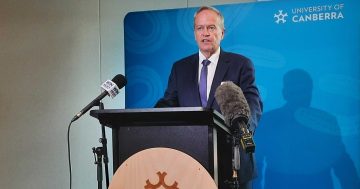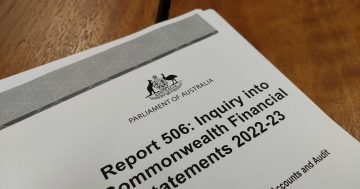 An audit of the financial statements of entities concerned with education in the State has found they are reliable and comply with relevant laws and standards.
An audit of the financial statements of entities concerned with education in the State has found they are reliable and comply with relevant laws and standards.
In his report Education: 2018–19 results of financial audits, Auditor-General, Brendan Worrall covered the eight grammar schools; the Department of Employment, Small Business and Training; TAFE Queensland; and the seven public universities.
Mr Worrall said the universities had improved the quality of their financial statements through early work and use of pro-forma financial statements.
“Universities changed the way they reported revenue this year when implementing new revenue accounting standards, particularly for research contracts and consultancy arrangements,” Mr Worrall said.
“They did significant analysis of individual contracts late in the year, as a result of new guidance being issued. We have asked them to continue to refine their processes to improve the efficiency and consistency of revenue recognition in line with the new standards.”
He said education entities’ controls for financial systems and processes were generally effective, which meant they could be relied on when preparing financial statements.
Mr Worrall noted that the entities were responding to risks from the COVID-19 pandemic.
“Universities received over 25 per cent of their student fee revenue from international students in 2019. They were among the first organisations to be impacted by the pandemic, with students unable to travel to start their 2020 study,” he said.
“They have enough cash to continue to operate. However, they are focusing on reducing their costs to ensure they continue to be a going concern beyond 2020.”
He said TAFE Queensland was already facing financial challenges.
“It will be further impacted by restrictions on practical face-to-face training delivery and international students. As a result, it is continuing to assess its service delivery and expenditure.”
He said some education entities had significant issues relating to changes to supplier and employee information, access to information systems, and security of electronic funds transfer files.
“These remain the most common internal control weaknesses identified, and they unnecessarily increase the risk of fraud,” Mr Worrall said.
“The collaborative environment required for universities to deliver education means they may be more exposed to cyber security attacks. They continue to balance their need for information-sharing and security, while investing in strong access controls.”
The Auditor-General’s 59-page report can be accessed at this PS News link.











